So we’re just about to hit a new decade and I’ve got to be honest. Sometimes I look back at my old work and cringe…..
Old training programs, nutrition recommendations, training recommendations, supplements! Sometimes I have to just laugh (or cry) and say “What the F were you thinking”!
What I’ve come to realize as time goes on in the gym, most of my best learning and progress has come about through failure.
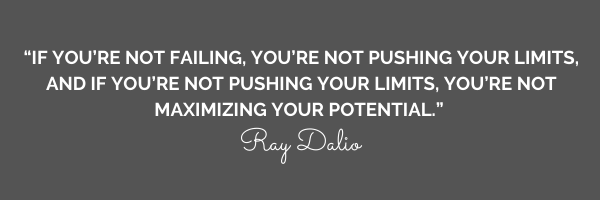
Now even though we have plenty of great research, experience and knowledge around most of this stuff, I see people making the same mistakes I was 10 year ago, today.
So, for all you out there reading this, think of this as a New Years gift from me. A totally random list of thoughts, ideas and failures I’ve learnt from, leading you into the roaring 20’s!
1.MOST PEOPLE HAVE NO BUSINESS SWEATING THE SMALL STUFF
I used to worry about the dumbest shit.
I remember getting STRESSED about taking more than 20mins to down a protein shake after a strength workout, as I thought protein timing was pretty much the make or break when it came to results from that session.
Things like the supplements I was taking, how many meals I was eating each day (and the EXACT TIME I needed to eat them), even my training split when I was a flat-out beginner.
Now I’m not saying that none of this stuff matters. What I’m saying is that unless you’re elite, a professional athlete or so advanced that you need to be worrying about the 1% gains some of this stuff provides, you need to focus on the basics FOR YEARS before any of it matters.
2. CONSISTENCY IS KING!
One of the most important things (if not THE MOST IMPORTANT) that everyone should worry about in their training, nutrition or any healthy lifestyle practice is consistency. We’ve all seen people do really well on shitty programs and diets, as long as they’re consistent with it. Even the best program or diet in the world will do jack shit for you if you’re not actually doing it!
If you take nothing else from this blog, make sure it’s this. Whatever diet, training program or healthy lifestyle practice you’re looking to partake in is, always ensure it’s something you KNOW is realistic for you, and something you’ll be able to stay consistent with if you really want it to work.
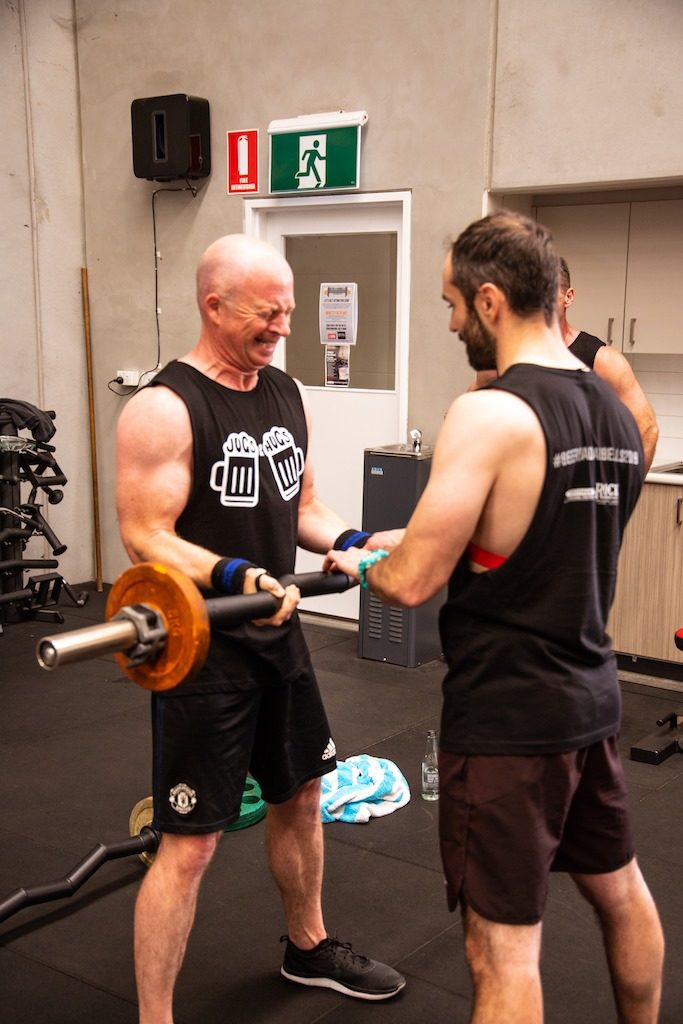
3. CARDIO WON’T MAKE YOUR MUSCLES FALL OFF
I know there’s some of you out there who still think cardio kills your muscle and strength gains.
In some ways this is actually true (not the muscles falling off part). Without getting too much into the science around it, much like our first point, most of us just don’t need to worry about it. Sure, if you’re looking to win both a marathon and a bodybuilding competition at the same time you’re going to run into trouble. But for average Janes and Joes out there, recreational bodybuilders and gym enthusiasts, we’re just not doing enough of either to warrant this kind of concern.
A good training program should be multifaceted and consider all aspects of performance and health.
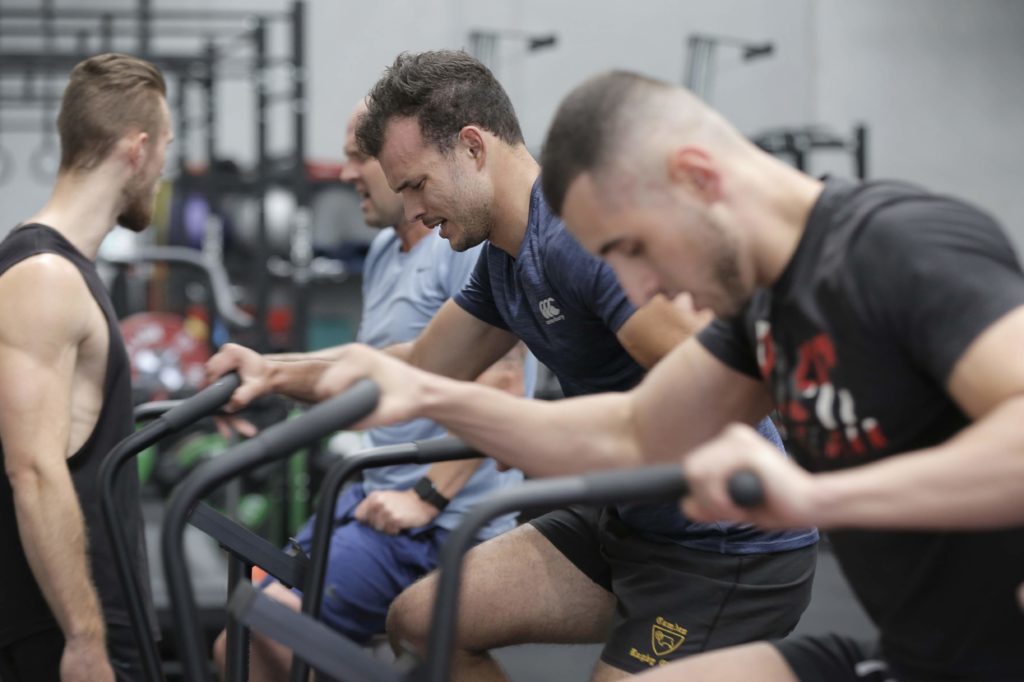
4. TIMED REST IS AN UNDERRATED TRAINING VARIABLE
When people think about the training variables they can control, most think about weight selection, reps and sets, but no one thinks about REST intervals.
As far as results go, as long as your chosen rest interval is sufficient, the EXACT duration doesn’t seem to matter a great deal.
Personally, I like to time the rest intervals of both my own and my client’s workouts for two main reasons:
- Time efficiency – Most of the people I train are busy and time-poor. Most of my sessions go for an hour and I need to make each minute count. Having a timer go off when it’s time to work keeps conversations short, productive and get people more bang for their buck. Also limits any needless time in the gym.
- Comparison – If you truly want to gauge progress in the gym, how can you look at one set vs. another if you rested twice as long? You can’t! Timing rest intervals gives you an even playing field to compare workout to workout.
Now I don’t live and die by the stopwatch, but having one handy and sticking to it will go a long way to minimising distractions, improving your time efficiency in the gym, and in turn, getting you better results in the long run.
5. SUPPLEMENTS REALLY DON’T MATTER
This might come as a surprise to some, but there really isn’t a great deal of research-proven, results-producing products out there. There are even some supplements on shelves that are PROVEN to NOT WORK but are still sold like snake oil to hopeful consumers looking for the magic bullet.
Hate to say it, you won’t find one.
Sure, there are many supplements that do ‘work’, but they should be considered secondary (or dare I say, supplementary 🤪) to your chosen healthy diet, lifestyle practices and training plan. Think of supplements like this:
Good, research-proven supplements are like THE SPRINKLES on the icing, on the cake.
6. YOUR TECHNIQUE IS MOST IMPORTANT TRAINING VARIABLE
Write this down….
‘If it’s not right, it’s wrong’
I cannot think of a time that I’ve seen someone hurt in the gym when they were doing an exercise with perfect technique. Don’t settle for shitty technique or form breakdown.
You can’t make chicken salad with chicken shit!
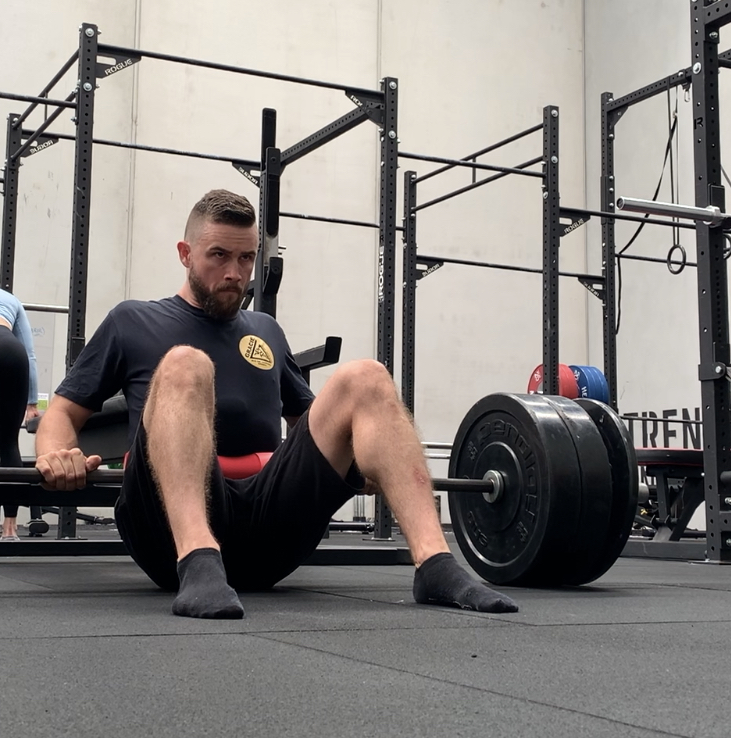
7. FOR SOME PEOPLE, THERE ARE CERTAIN EXERCISES THEY SHOULDN’T DO
If you just hate doing a movement (and I mean really hate it) don’t do it. Look for an alternative you enjoy.
If doing a certain movement causes you pain, beats you up too much or seems to cause you injury, don’t do it. Look for one that doesn’t.
If you just don’t seem to have the mobility or structure to do a movement, don’t force it. Do something else and work on the things (like your mobility) that might make it happen down the line.
Making people do some movements can feel like trying to jam a square peg in a round hole. It just doesn’t seem to fit. At PPT, we’re lucky enough to have tons of equipment and exercise variations available to us. Good coaches know tons of tweaks and variations to help people along and find the best movements for them.
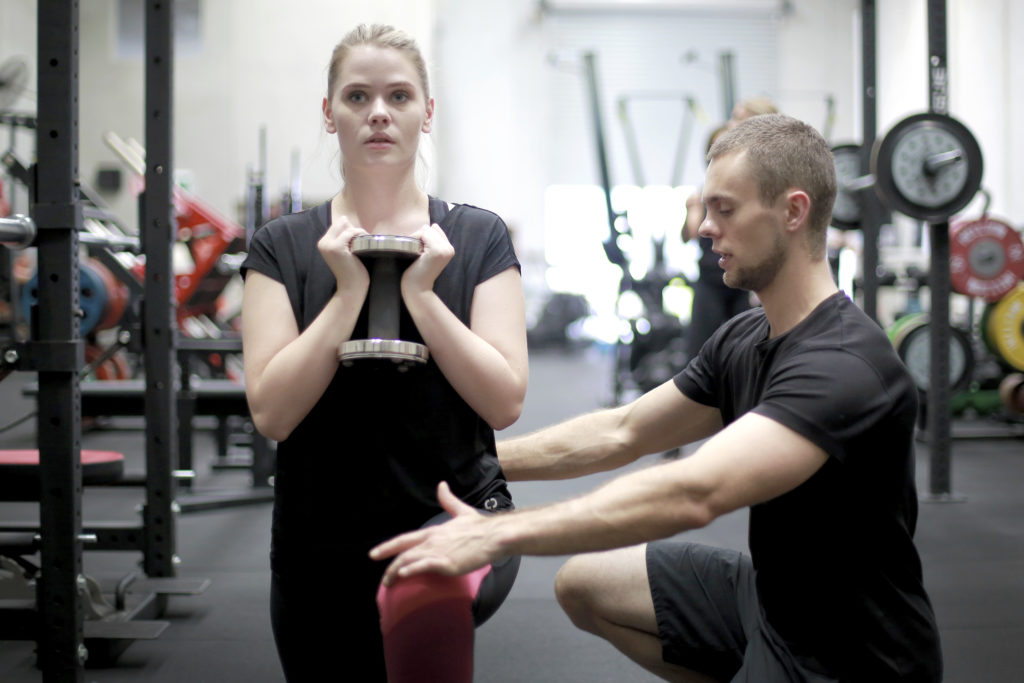
If someone tells you that you ‘need’ to do X exercise to achieve Y result (like I used to), forgive them, they’re still learning….
8. CHANGING YOUR PROGRAM TO ‘KEEP THE BODY GUESSING’ DOESN’T WORK AND WILL PROBABLY HINDER PROGRESS
I used to be a ‘program hopper’.
One month, I’d be doing one thing, and then onto something else in the next. You’d never catch me doing the same exercises, rep ranges or methods program to program in an effort to avoid accommodation (my body getting used to it).
Now accommodation is a real thing. Over time, you will find that if you don’t change variables up you can run into issues like over-use injury, increased fatigue or even de-training (or going backwards in your result). What I’ve now since learnt is that it takes WAY longer than 4 weeks for someone to ‘get used’ to a program or exercise, and that you’re probably even better off keeping things similar for a time to allow you to really get the most out of it.
For many of my clients (and myself), I’ll now keep at least a few movements in their programs for what can be months to ensure that they’re really making the most of it, mastering the movement pattern and in turn, improving long term results.
9. YOU CAN TOTALLY GET RESULTS ON A COUPLE OF STRUCTURED SESSIONS PER WEEK
Back in the day, I used to believe that if you weren’t in the gym for AT LEAST 3 sessions per week (and ideally 5 or more), you shouldn’t even bother.
After over 15 years of coaching, I’ve now realized that this really isn’t true. I’ve had many clients achieve better health by doing as little as 1-2 strength session per week, adjusting their lifestyle habits and just staying active throughout the week (like walking, etc).
Now don’t mistake this as me saying this is the best case, and applicable to
all results and levels of experience, but as the old adage goes ‘something is
better than nothing’. If that’s all you can do right now, it’s the perfect
place to begin.
10. SLEEP IS A HUGE HANDBRAKE ON RESULTS
We’re learning more about this every day.
If your sleep is shitty, don’t expect to be your best (or even close). For years I thought of sleep, training and nutrition as the 3 pillars of health and fitness success. After reading a brilliant book called Why We Sleep – Unlocking the power of sleep and dreams by Dr Matthew Walker, I now think of Sleep as the bedrock that both training and nutrition sit upon. If it’s strong and stable, you’re good. If it’s weak and rocky, you’ll never be close to your best.
Moving into 2020, I know that sleep science will continue to improve and our job as health and fitness professionals will evolve. Improving sleep hygiene and habits will become a huge part of our role in helping people improve their health and fitness.
11. YOU DON’T NEED TO FAIL IN TRAINING TO GET RESULTS
I used to think that if you weren’t dead after a workout, you probably should’ve just stayed at home. How wrong I was!
Now make no mistake about it, you 100% have to train freaking hard, but you don’t have to die under the bar every session. The ability to reach ‘true failure’ in the gym is one that needs to be cultivated and grown over the years, just like physical strength. Some people never even get to this point and that’s all good!
You can totally make gains for a very long time in the gym and not have to kill yourself to make it happen. As a rule of thumb, as long as you find yourself somewhere between 1-4 reps from failure on a decent number of sets weekly you’re ALL GOOD!

If any of these resonate with you, remember you’re not alone. These were things I’ve personally done and recommended in the past.
Luckily for you, I’ve been able to make those mistakes so you no longer have to! You’re now armed and ready to overcome and adjust your old habits and move into the new decade with a bang.
If you want to find out more about how we can assist in helping you learn from our mistakes, save you time, and get results faster, get in touch with our team